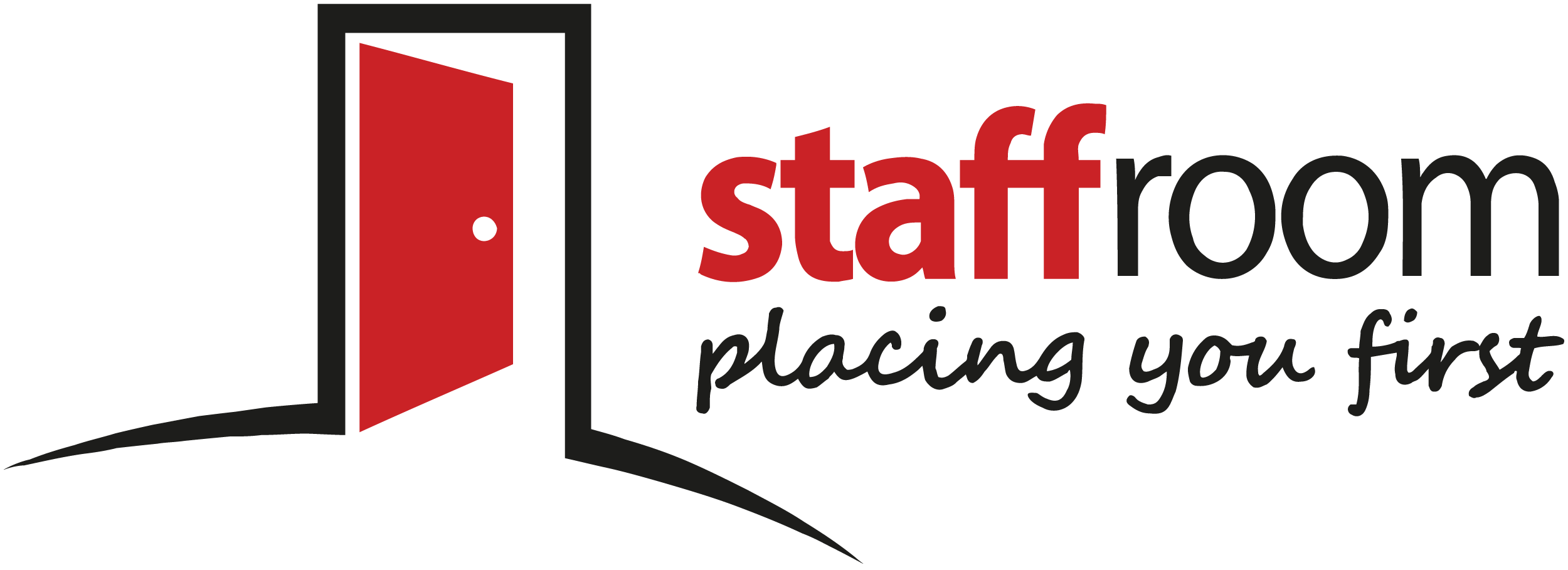A Dose of Politics
Today a report emerged that young Brits respect celebrities more than David Cameron. The survey reveals that only 4.1% of the respondents favoured the Prime Minister over celebrities such as Mo Farah (18.1%), Kim Kardashian (9.9%) and even Paris Hilton (4.8%). To many I doubt that this will come as a surprise, celebrity culture and social media dominate most of the younger generation’s everyday life, so why would they think any differently?
"It's shocking - but unsurprising - that children would rather chase fame and become a reality TV star than become a politician. Getting into a hit show and making an impact can lead to a vast fortune and a lifestyle that many people can only dream about. It also looks like it's a lot more fun than parliament!"
Being left in the dark means that young people are more likely to become disengaged or even elect people based solely on personality or media/public opinion, without taking notice of any possible party affiliation. It has been proven time and time again that children are impressionable and that the things you learn while you are young dictate who you will become as an adult. Obviously, for the young and carefree there are always going to be certain celebrity influences, but to respect them over your prime minister comes with a little cause for concern.
When it comes to voting, many adolescents take the back foot, yes this could be down to the fact that we aren't eligible to offer a major input until we turn 18, but also I've begun to wonder how many people celebrate that they've gained the right to vote when the time is upon them? Many of today's children have little interest in politics and I don't think it's to do with age, I think it's down to confusion. The system is complex, trying to educate yourself of the who's and why's is difficult enough without others offering their own opinion and trying to influence you. I myself find it difficult to pick up a manifesto without the push of another, when it comes to making a difference I see very little children skipping towards the ballot box, in fact, if I were to ask anyone in school what either of the political key terms I just used meant, I’d probably be graced with the presence of tumbleweed.
Today I feel it’s up to us as teachers to educate the younger generations on the importance of their political opinion, as much as it’s important to know correct grammar, punctuation and historical monuments, I do feel that every individual should understand the voting system. Yes taxes are never going to be exciting, I don’t expect any child to be first in line to understand every policy, but then again, I was never the type to develop a passion for algebra and that it is always going to part of the curriculum.
The ‘Stand Up Be Counted’ campaign is a fantastic example of how adolescents can be encouraged to make a difference, with websites such as this beginning to take the nation by storm, it is important that the schools begin to ride the wave too. By offering 16-25 year olds a voice, we are diminishing the idea that many feel ignored. Last week Sky News released video content that included the views of teenage festival goers, each and every one of them stating that they feel less inclined to offer their opinion as they are often overshadowed by the older generations.
So what if you can’t afford a home? You can’t afford your education? You can’t afford to catch a train? If you don’t vote your one chance of influencing the issues that affect you most are minimal, but do children understand this?! It’s essential that we’re all shaped at a young age to understand the way in which the world works. Yes everyone loves a good game of hockey or an hour of arts & crafts but I do wish that I was taught a few more ‘life lessons’ before I was faced with mortgages, student debt and of course placing my vote. No matter what field or industry you work in, you have to deal with these types of issues. So why aren't students learning about it in schools? Think about it: many students go through high school without hearing the words "credit cards, tax and bills”. Everyone should want to have the basic understanding of how their country is politically organised, the power of the media, the rights they are entitled to, some aspects of international politics and how it affects our government, not to mention how we live as a whole. Politics gives people the chance to think for themselves, put forward their ideas and engage in debate. If taught at a young age, there could potentially be a lot more young people who are politically active and how could that ever be a bad thing?!

